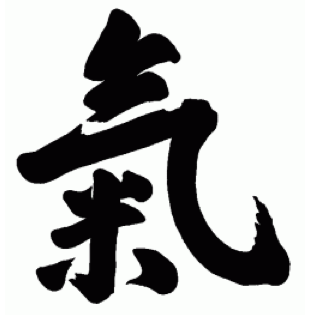How Aikido Helps Me Practice...The Piano

A lot of people ask me what aikido has to do with music and here's the essential reason: Musicians, understandably, spend a lot of time thinking about music - learning tunes, listening to their tone, practicing technique. But in aikido I learned that there is a hugely important element to practicing and playing, which is to practice mind-body coordination . This is nothing esoteric. It has to do with paying attention to your body in a specific way while you are playing. Go to the gym any day and you'll see rows of people on the treadmill, elliptical and stair machines, doing exactly the opposite . Many of us who are trying to learn a physical skill, whether it's a musical chord progression, throwing a perfect curve ball, or a tango "ocho," assume that doing the drills/exercises is primarily a physical activity. In practicing aikido I learned how to coordinate my mind and my body. And I learned why it leads to much better results. To improve mind-body c






